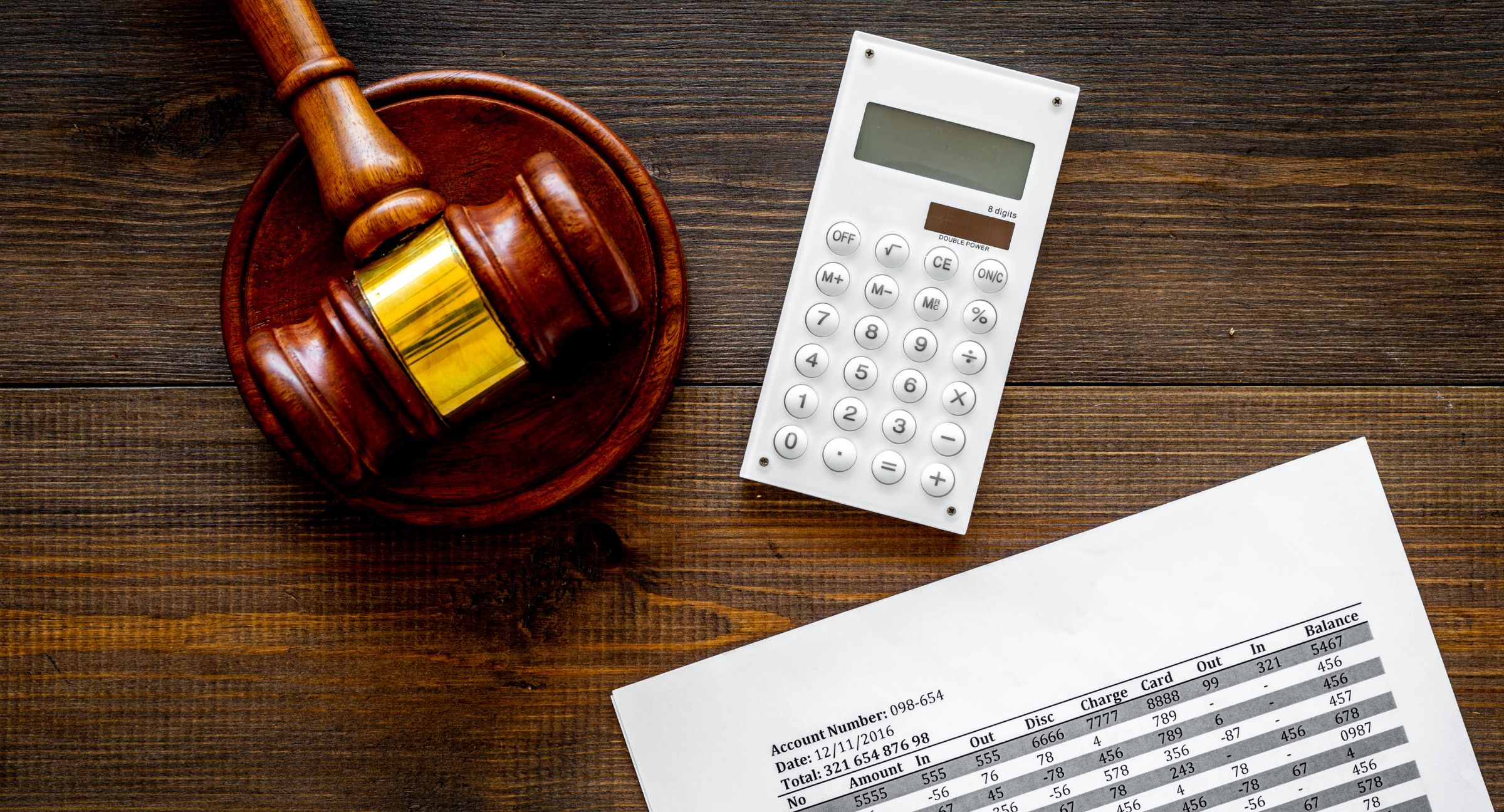
When debt piles up beyond what you can manage, it can feel like drowning. You receive a constant flood of letters and phone calls from collectors, and the compounding interest takes on a life of its own. For people in this situation, declaring bankruptcy can be an attractive option. It wipes out many, if not all, of your debts and allows you a fresh start.
However, bankruptcy is not to be taken lightly and is a complicated process. Here is what you should know before filing for bankruptcy.
Two Types of Bankruptcy
The first thing to be aware of before filing for bankruptcy is that there are two primary types of bankruptcy for individuals: Chapter 7 and Chapter 13. Chapter 7, also called liquidation bankruptcy, is the more common type. The debtor’s “non-exempt” assets are sold off, and creditors receive the proceeds; after this, the debts are canceled. California, in particular, has generous exemptions regarding the types of property that must be sold, allowing people to keep more of their essential property. However, there is a means test for Chapter 7 bankruptcy, preventing it from being used by high-wage earners.
Under Chapter 13 bankruptcy, debt is reorganized, and the debtor must follow a pre-approved repayment plan over three to five years. After completing this plan, the debts are considered satisfied. Chapter 13 is more appropriate for people with a steady income.
Not All Debt Is Canceled by Bankruptcy
People may get the wrong idea that any debt is wiped out by filing for bankruptcy, but that is not the case. Bankruptcy can only eliminate “unsecured” debt, such as credit card debt and medical bills. A debt is secured when it is backed by collateral, as is the case with home and car loans. Creditors of secured debt may still seek to repossess the collateral assets. Also, student loans are not covered by bankruptcy.
Hiding Assets or Going on a Spending Spree Can Get You in Trouble
When people know they will file for bankruptcy, they sometimes convey their assets to others to keep them from being liquidated. They may also go on a big spending spree, thinking the new debt will be canceled, so it’s free money. Both behaviors are considered fraud and can get you in legal trouble. Creditors can also object to recent debt, which will keep you from getting the clean slate you need.
Bankruptcy Is Not Fast or Free
Don’t expect an overnight solution by filing for bankruptcy. Chapter 7 bankruptcy typically takes around four to six months to close, while Chapter 13 cases stay open for years. You should also be aware that both types of bankruptcy require hundreds of dollars in filing fees.
Long-Term Consequences
Declaring bankruptcy can provide you with the debt relief you need, but there are lasting consequences. For example, a bankruptcy stays on your credit report for ten years, making it harder to take out a loan or find a place to live.
A Bankruptcy Attorney Can Be a Big Help
It’s important to know what you should expect when filing for bankruptcy. Hiring a bankruptcy attorney may not be the first thing that comes to mind, but doing so can help you avoid costly mistakes. Filing for bankruptcy is a complicated legal process, and the clerks and judges cannot give you legal advice. A lawyer can also help ensure that you are maximizing the amount of property you are allowed to keep from being sold off, so you’re not starting over from scratch. Schedule an appointment today to meet with an experienced bankruptcy attorney and discuss your options.






Recent Comments